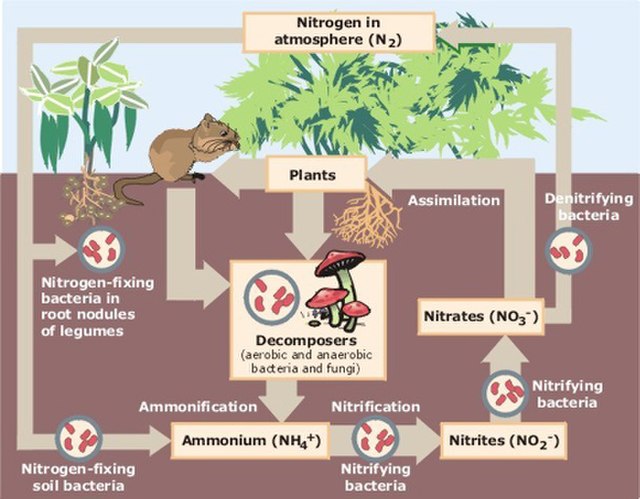Ecological restoration, or ecosystem restoration, is the process of assisting the recovery of an ecosystem that has been degraded, damaged, or destroyed. It is distinct from conservation in that it attempts to retroactively repair already damaged ecosystems rather than take preventative measures. Ecological restoration can reverse biodiversity loss, combat climate change, and support local economies. Habitat restoration involves the deliberate rehabilitation of a specific area to reestablish a functional ecosystem. To achieve successful habitat restoration, it's essential to understand the life cycles and interactions of species, as well as the essential elements such as food, water, nutrients, space, and shelter needed to support species populations. When it's not feasible to restore habitats to their original size or state, designated areas known as wildlife corridors can be established. These corridors connect different habitats and open spaces, facilitating the survival of species within human-dominated landscapes. For instance, marshes serve as critical stopover sites for migratory birds, wildlife overpasses enable animals to safely cross over highways, and protected riparian zones within urban settings provide necessary refuges for flora and fauna. The United Nations named 2021-2030 the Decade on Ecosystem Restoration.

Recently constructed wetland regeneration in Australia, on a site previously used for agriculture
Rehabilitation of a portion of Johnson Creek, to restore bioswale and flood control functions of the land which had long been converted to pasture for cow grazing. The horizontal logs can float, but are anchored by the posts. Newly planted trees will eventually stabilize the soil. The fallen trees with roots jutting into the stream are intended to enhance wildlife habitat.
Sankey diagram for the evolution of keywords used in publications about ecological restoration in Canada over time.
Forest restoration in action at the Buffelsdraai Landfill Site Community Reforestation Project in South Africa
An ecosystem is a system that environments and their organisms form through their interaction. The biotic and abiotic components are linked together through nutrient cycles and energy flows.
Flora of Baja California desert, Cataviña region, Mexico
Global oceanic and terrestrial phototroph abundance, from September 1997 to August 2000. As an estimate of autotroph biomass, it is only a rough indicator of primary production potential and not an actual estimate of it.
A freshwater lake in Gran Canaria, an island of the Canary Islands. Clear boundaries make lakes convenient to study using an ecosystem approach.
Biological nitrogen cycling








